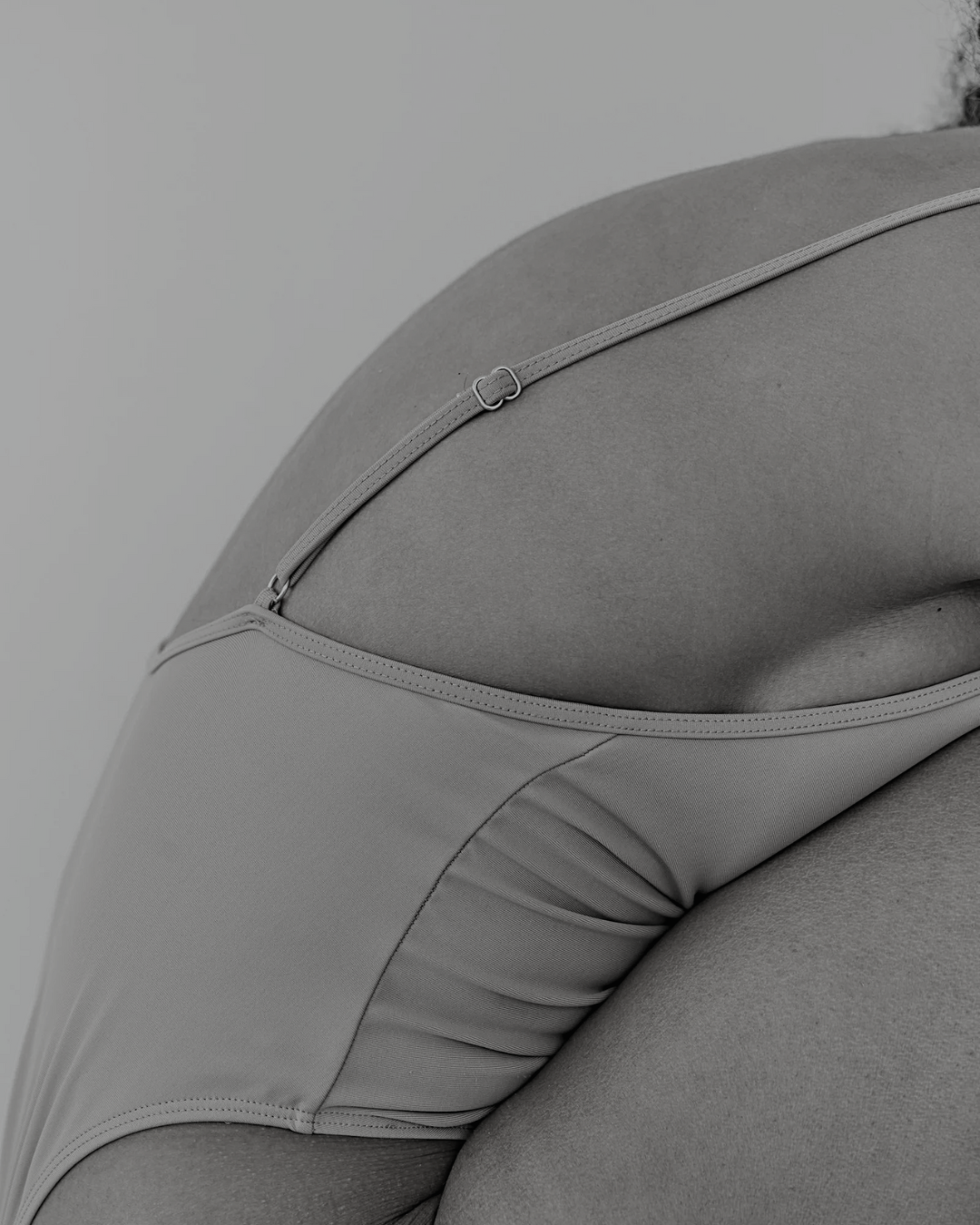What Your Doctor Isn’t Telling You About PCOS
...and why “just go on the pill and lose weight” isn’t the full picture.
Let’s start here: I was exhausted.
Not just tired - but burnt out.
My skin was breaking out painfully. My weight was climbing no matter what I ate. My periods were irregular and intense. And my body felt like it was working against me.
So I did the only thing I knew to do: I went to the doctor.
You already know how that went.
“You have PCOS.”
“Try losing a little weight.”
“Here’s the birth control pill — and maybe Metformin.”
And just like that, I was handed a label and a prescription - no explanation, no root cause, no real support.
Let’s talk about what they’re not telling you:
PCOS is not just a hormone disorder - it’s a metabolic imbalance.
Most women with PCOS have some level of insulin resistance, even if they’re not “pre-diabetic” on paper.
This means your cells aren’t responding to insulin properly, and your body starts pumping out more and more of it.
That extra insulin? It triggers excess androgens (like testosterone), which throws off ovulation, messes with your skin, and stores fat - especially around the belly.
So what about Metformin?
You might’ve been handed a Metformin prescription (I was too).
Metformin is a drug used to improve insulin sensitivity. And yes - for some people, it helps regulate blood sugar and cycles.
But here’s the part that no one mentioned:
→ It can come with side effects like nausea, fatigue, and vitamin B12 depletion
→ It doesn’t treat the root cause — it manages the symptoms
→ And it’s not your only option
I took it for a while. It helped a little, but not enough to feel like myself again. What finally made a real difference was building my lifestyle around what my body actually needed — nourishment, not numbing.
What actually worked?
• Eating enough (no more under-fueling)
• At least 30g of protein within an hour of waking
• Blood-sugar-balanced meals: protein + fat + fiber, every time
• Daily movement, like walking and stretching - no more burnout workouts
• Supportive supplements like magnesium, zinc, ashwagandha, and berberine'
• Tiny lifestyle shifts that actually stick - sleep, nervous system, gut health
What I wish someone had told me:
✧ You’re not broken - you’re imbalanced, and that can change.
✧ Your hormones are not random - they’re responding to your environment.
✧ Medication can help - but it’s not the only way.
✧ You don’t have to hustle to heal.
Want the ultimate PCOS cheatsheet?
If your doctor only offered you a pill and a vague diet plan, I want you to know:
There’s so much more to this.
And you don’t have to figure it out alone.
I created the Ultimate Guide for PCOS for those, who are tired of struggling - containing information I wish I’d had years ago.
This guide gives you the exact tools and habit I used to reverse my symptoms - acne, bloating, irregular cycles, fatigue, sugar cravings, and stubborn weight.

